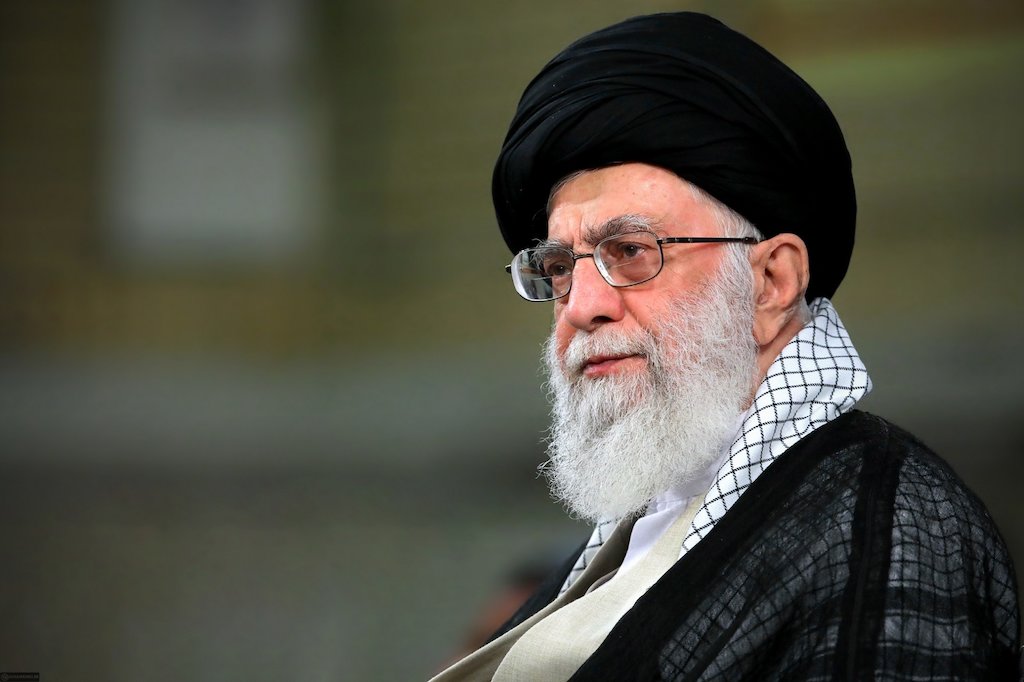September 06, 2019
The concept of e-governance, or conducting rou-tine government matters over the Internet, is intended to make it easier for citizens to cut through bureaucracy and get permits, licenses and simple government services more easily. But the secretary of Iran’s Technology Executive Council says the country’s bloated bureaucracy has blocked e-governance initiatives and sometimes even made things worse.
The biggest problem is that state agencies are setting up their own separate systems and resisting joining the state’s unified e-governance system.
During a press conference at the Communications Ministry June 15, Reza Baqeri said, “Each ministry and state agency has set up offices for offering services through mobile apps,” thereby recruiting new bureaucrats for the 2.3-million-strong army of civil servants in Iran.
“Lack of adequate infrastructure for offering online services used to be considered the main reason for the failure of e-governance projects. Now the infrastructure is in place, but apparently there is no will among state authorities for embarking on the road to a digital transformation,” he was quoted as saying by ICT Ministry’s website.
According to Baqeri, state agencies operate as separate entities, “like independent islands.”
He presented a few examples: “The Ministry of Industries and the Ministry of Energy, along with the Iranian National Tax Administration, have separately announced that they will introduce new apps to offer some services. But all these services could be offered through the govern-ment’s mobile app,” which was introduced in May 2018.
The council is trying to push agencies to implement three major e-governance projects faster, namely an integrated tax system, electronic healthcare records and government financial transactions records.
Iran IT Organization Chief Amir Nazemi also took to Twitter the same day to say, “The lack of coordination and integration of services has rendered the results unsatisfactory for users.”
















